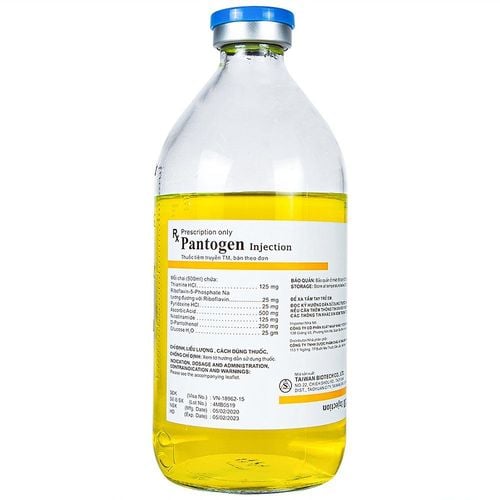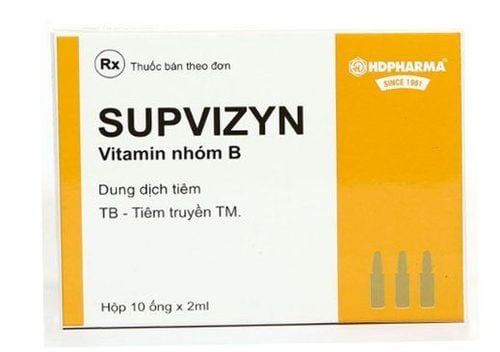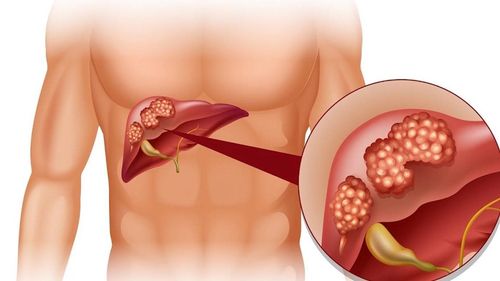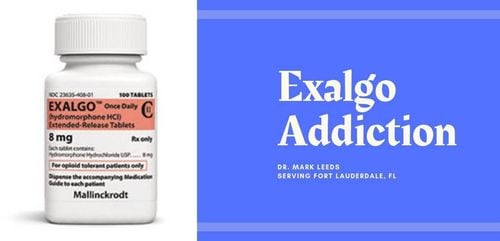This is an automatically translated article.
Alcohol intolerance can cause an immediate, unpleasant reaction after drinking alcohol. The most common signs and symptoms are nasal congestion and redness of the skin.1. What is alcohol intolerance?
Alcohol intolerance is when the body doesn't have the right enzymes to metabolize the toxins in alcohol or isn't able to break down alcohol effectively. The only way to prevent these unpleasant reactions is to avoid alcohol.Alcohol intolerance can be caused by a reaction to something in the alcoholic beverage - such as a chemical, grain or preservative, not an actual allergy like many mistaken person. In some cases, the reaction is caused by the use of alcohol in combination with certain drugs. Alcohol intolerance is not necessarily a sign of a serious health problem that requires diagnosis and treatment. Staying away from alcohol is the only way to prevent these problems.
2. Symptoms of alcohol intolerance
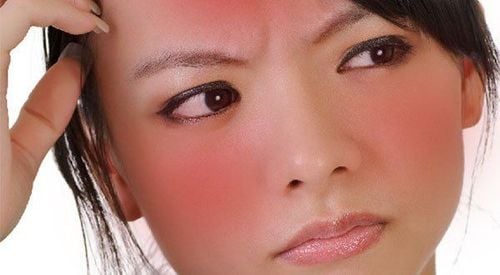
Đỏ mặt, ngứa da là triệu chứng điển hình của không dung nạp rượu
Facial flushing (flushing) Red, itchy skin (hives) Severe asthma more Runny or stuffy nose Low blood pressure Nausea and vomiting Diarrhea Mild intolerance to alcohol or anything else in alcoholic beverages may not require medical attention. The simplest measure is to avoid and limit alcohol consumption or avoid certain types of alcoholic beverages.
However, if you have some severe reactions or severe pain see a doctor. In addition, if your symptoms seem to be related to an allergy or reaction to a medication you are taking, it is also recommended that you go to the hospital for treatment.
3. Causes of alcohol intolerance
Alcohol intolerance occurs when your body doesn't have the right enzymes to break down (metabolize) the toxins in alcohol. These reactions are caused by genetic traits, which are most common in Asians.Other ingredients commonly found in alcoholic beverages, especially in beer or wine, that can cause an intolerance reaction, such as:
Sulfites or other preservatives Chemicals, grains or other preservatives another ingredient Histamine, a by-product of fermentation or brewing In some cases, reactions can be triggered by a true allergy to a grain such as corn, wheat or barley black or with another substance in alcoholic beverages.
Rarely, severe pain after drinking alcohol is a sign of a more serious disorder, such as Hodgkin lymphoma.
4. Risk factors
Risk factors for alcohol intolerance or other reactions to alcohol include: Being of Asian descent with signs of: asthma or hay fever (allergic rhinitis); are allergic to grains or other foods; have Hodgkin lymphoma5. Complications

Uống rượu có thể kích hoạt chứng đau nửa đầu ở một số người
Migraines : Drinking alcohol can trigger migraines in some people. Some alcoholic beverages contain histamines. The body's immune system also releases histamines during an allergic reaction. Some serious allergic reactions: In rare cases, an allergic reaction can be life-threatening (anaphylaxis) and requires emergency treatment. In fact, nothing can prevent a reaction with alcohol or the ingredients in alcoholic beverages. To avoid a reaction, the best and safest measure is to avoid alcohol or substances that cause a reaction in the body.
Be sure to read beverage labels to see if they contain ingredients or additives that cause a reaction, such as sulfites or certain grains. However, be aware that labels may not list all ingredients.
Please dial HOTLINE for more information or register for an appointment HERE. Download MyVinmec app to make appointments faster and to manage your bookings easily.
Reference source: Mayoclinic.org



